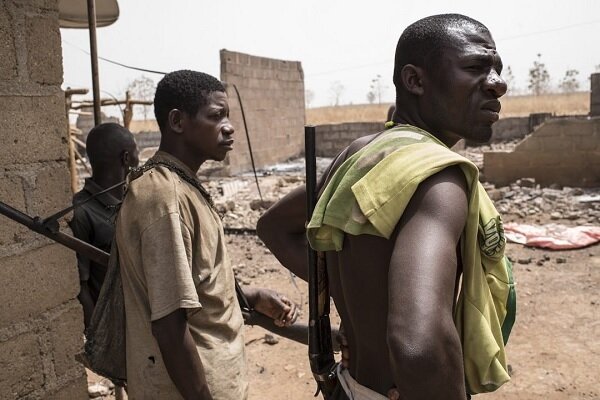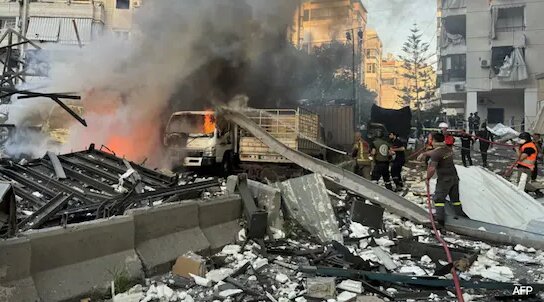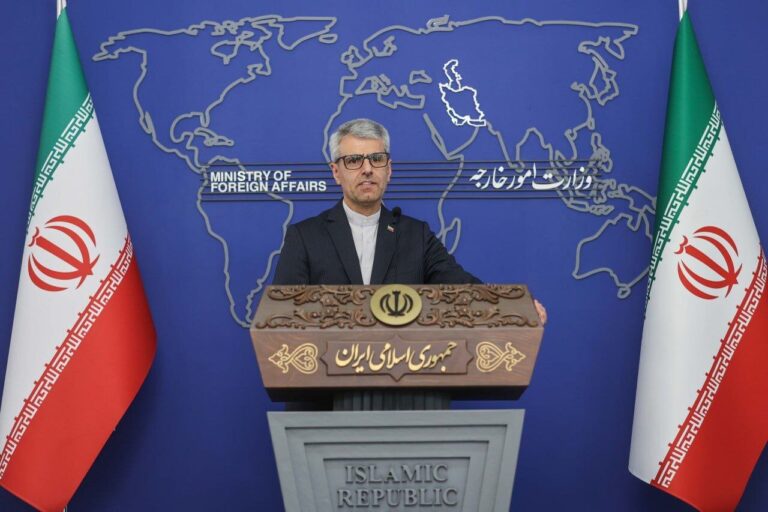Tragic Violence: 20 Lives Lost as Cattle Herders Clash in Nigeria
In a tragic turn of events, at least 17 individuals lost their lives due to suspected cattle herder attacks in central Nigeria’s Benue State. This surge in violence highlights the ongoing struggles between farmers and herders in the region, which have significantly impacted food security and agricultural productivity.
On Thursday, local police reported the brutal assault, which is part of a broader pattern of escalating conflicts. The situation in Benue State has become increasingly dire, as these clashes not only threaten the safety of local communities but also disrupt the vital agricultural operations that sustain the region.
The recent violence follows another tragic incident just two days prior, where 11 people were killed in the Otukpo area of Benue. This pattern of violence is alarming, especially considering that just a week ago, gunmen attacked several villages in the neighboring Plateau State, resulting in over 50 fatalities.
Here are some key points regarding the recent violence in Nigeria’s central region:
- Recent Death Toll: At least 17 people killed in the latest attack.
- Previous Incidents: 11 individuals lost their lives just two days before in Otukpo.
- Wider Context: More than 50 fatalities were reported in Plateau State attacks just a week earlier.
- Ongoing Clashes: The conflicts between farmers and herders have been escalating for years, causing significant unrest.
- Impact on Agriculture: These skirmishes have severely disrupted food supplies in north-central Nigeria, a crucial agricultural hub.
The agricultural landscape in north-central Nigeria is critical, as it serves not only the local population but also contributes to the overall food basket of the country. The ongoing violence poses a significant threat to this essential sector, which is already under strain from various factors, including climate change and resource competition.
According to reports, the conflict primarily arises from disputes over land and water resources, essential for both farming and cattle grazing. As climate change exacerbates these issues, the competition for these vital resources is intensifying, leading to more frequent and deadly confrontations.
Experts suggest that resolving these conflicts requires a multifaceted approach, including:
- Community Dialogue: Establishing platforms for dialogue between farmers and herders to facilitate understanding and cooperation.
- Government Intervention: Increased governmental presence and intervention to enforce peace and security in conflict-prone areas.
- Resource Management: Implementing sustainable resource management practices to ensure equitable access to land and water.
- Support for Agriculture: Providing support and incentives for agricultural development to reduce dependence on cattle herding.
The Nigerian government has faced criticism for its handling of these conflicts, with many calling for urgent action to protect vulnerable communities. The rise in violence also raises concerns about the broader implications for national security and stability in the region.
As the situation continues to evolve, it is crucial for both local authorities and international organizations to work collaboratively towards sustainable solutions. Addressing the root causes of the conflicts while ensuring the safety of affected communities is imperative for restoring peace and stability in Benue State and its surroundings.
In conclusion, the recent attacks in Nigeria’s Benue State serve as a stark reminder of the ongoing challenges faced by farmers and herders in the region. The tragic loss of life underscores the urgent need for comprehensive strategies to address the underlying issues contributing to these violent clashes. Only through collaborative efforts can Nigeria hope to heal and rebuild its agricultural sector and ensure the safety and well-being of its citizens.
As we monitor the developments in this region, it becomes increasingly evident that a unified response is necessary to tackle these pressing challenges and foster a more peaceful coexistence among Nigeria’s diverse communities.






